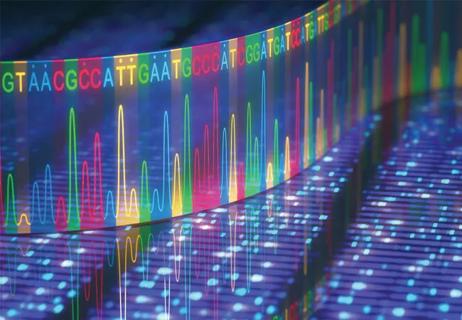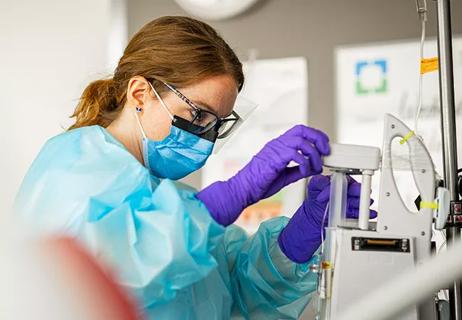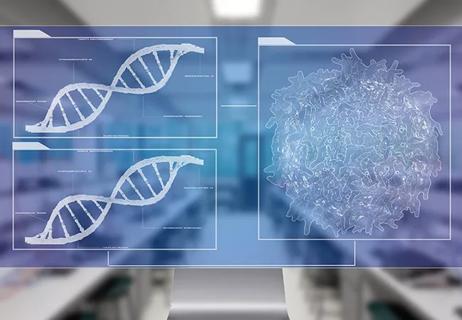How should you proceed?

By Charis Eng, MD, PhD, David Flannery, MD, Gary Procop, MD, Jacqueline Riley, MS, LGC, Wilson Tang, MD and Jennifer Hockings, PharmD, PhD
Advertisement
Cleveland Clinic is a non-profit academic medical center. Advertising on our site helps support our mission. We do not endorse non-Cleveland Clinic products or services. Policy
Direct-to-consumer (DTC) genetic testing is now so widely available that a patient can pick up a kit at any big box store or online retailer. These tests have changed a great deal in the last few years, offering information about ancestry and dietary preferences, markers for diseases like cancer and Alzheimer’s, and pharmacogenomics. As a result, more and more physicians will walk into the consult room and be presented with what may look like a clinical laboratory test result.
When the FDA approved a 23andMe DTC test for genetic health risks in April 2017, it added a caution that DTC results should not be used for health decision-making. The approved test looks for variants associated with Parkinson’s disease, late-onset Alzheimer’s disease, celiac disease, alpha-1 antitrypsin deficiency, early onset primary dystonia, factor XI deficiency, Gaucher disease type 1, glucose-6-phosphate dehydrogenase deficiency, hereditary hemochromatosis and hereditary thrombophilia.
In 2015, the company received its first FDA approval to market a carrier screening test. In 2018, 23andMe received further approvals for a genetic test for three (of more than 1,000 known) BRCA variants that predispose a small percentage of the population to certain cancers, as well as a pharmacogenetic test that detects a limited number of variants affecting drug metabolism. The FDA has remained consistent in its warning that these DTC test results should be confirmed by independent clinical tests.
Not all genes and variants evaluated by DTC tests are clinically relevant. Conversely, DTC tests do not interrogate all medically relevant genes and their variants and thus do not provide comprehensive risk evaluation. Seeking DTC testing or receiving a positive result might inform a patient’s conversation with his or her doctor, but any results should be confirmed in a clinical setting. DTC results alone can neither exclude nor confirm a diagnosis or predict response to medications.
Advertisement
Be sure that patients who ask questions about their DTC genetic test results know that:
Indications for follow-up genetic counseling or a pharmacogenomics consult include:
Advertisement
If DTC results are presented or reported by the patient, these should be noted by the provider as unconfirmed information. Any action based on this or any other unconfirmed historical information should be integrated into the decision-making of the provider, in conjunction with other physical examination, historical, radiologic and/or laboratory findings, according to the provider’s best clinical judgment.
Advertisement
Advertisement

Study identifies Ketorolac as a potential repurposable drug

The relationship between MTHFR variants and thrombosis risk is a complex issue, but current evidence points to no association between the most common variants and an elevated risk

One-time infusion of adenovirus-based therapy is designed to restore heart muscle function

Cleveland Clinic researchers receive $2 million grant from the National Institutes of Health

New Cleveland Clinic fellowship fosters expertise in the genetics of epilepsy

Integrates genetic and clinical data to distinguish from GEFS+ and milder epilepsies

First-of-kind study aims to enable prevention of brain disorders before symptoms appear

Advanced genomic research techniques show potential to treat a variety of conditions